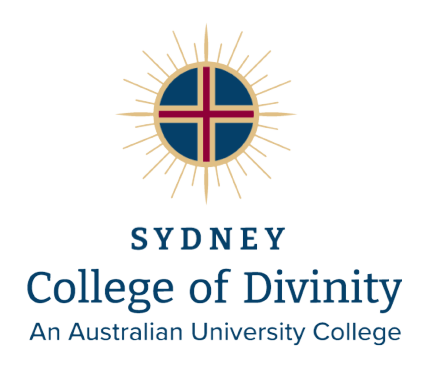C7193 – Pastoral Counselling: Grief, Loss and Trauma
Unit Code
C7193
Unit Name
Pastoral Counselling: Grief, Loss and Trauma (undergraduate)
Unit Weighting
9 Credit Points
Type of Unit
Foundational
Prerequisites, corequisites or exclusions
None
Attendance
Note: This course is offered in Campus mode only–as such mandatory face-to-face attendance is required. This is due to the practical nature of the unit which will focus on the practical aspects of counselling.
Academic Staff
Dr. Margaret Tadros. BA (Hons), University of Sydney; MPsych, University of Sydney; PhD (Clinical Psychology), University of Sydney.
Curriculum Objectives
This course unit aims to provide an overview of the key concepts and main theoretical approaches pertinent in the pastoral counselling of people experiencing grief, loss and trauma. It further examines normal and pathological grief processes and equips the pastoral practitioner accordingly.
Learning Outcomes
At the end of this unit students will be able to:
- articulate Biblical perspectives on the nature of human relationships, family dynamics, and
how suffering impacts the person - critically evaluate culturally appropriate theories of pastoral counselling and interventions
- outline in broad terms how to approach grief, loss, and trauma issues in pastoral care and
counselling and differentiate between them - appreciate and define the importance of research and pastoral counselling theory for
effective and responsible pastoral care and counselling - address both the reactions of people facing issues related to the terminally ill, and various other significant losses, and appropriate and inappropriate forms of support, assistance and Pastoral Care and discriminate between them
Content
Topics to be addressed will include most or all of the following:
1.the nature and stages of grief: emotional, physical and interpersonal aspects
2. the nature and meaning of death: medical, cultural and biblical perspectives; the process of dying; relating to and meeting the needs of the dying and those caring for them; reasons for a funeral; a visit to a funeral parlour
3. various causes of grief reactions, including bereavement and other significant losses, cultural patterns of grief and mourning
4. recognising the dimensions of the normal uncomplicated grief process and facilitating normal grieving
5. Pastoral counselling and care in relation to life crises and the terminally ill
6. the needs of the dying, and the needs of those experiencing grief from various losses
7. helpful and unhelpful support, and specific support groups
8. abnormal grief reactions and their appropriate management
9. strategies to prevent the pastoral practitioner becoming over-involved and the pastoral
practitioner’s personal grief
10. basic crisis intervention skills including critical incident stress de-briefing; Trauma counselling strategies and techniques for varying contexts e.g: suicide, life-threatening scenarios, long-term injury, sickness, homelessness, victims of crime (including sexual assault, domestic violence, child abuse; alcoholic and drug abuse issues), terrorism,
natural disaster.

